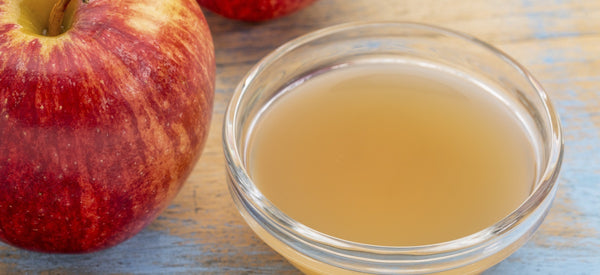


By Kristen Link
Plant-based cooking oils have been used for thousands of years not only to conduct heat but also impart flavor and specific nutritional elements. However, with so many options on today’s shelves, it can be difficult deciphering how and when to use them as well as understanding the impact they may have on your health.
There are several factors to consider when evaluating the various plant-based oils available for cooking. To start, it is important to evaluate the oils composition of fats including the proportion of monounsaturated and polyunsaturated fats and saturated fats.
Additionally, as noted below, every oil has what is known as a smoke point. This simply refers to the temperature at which an oil will begin to smoke and burn. An oil that has been cooked beyond its smoke point will not only taste burnt and unpleasant but studies have also shown that this overheating may produce free radicals which can be harmful to your health.
For many, hearing about canola oil makes them think of fried foods. While it’s true canola oil is often used to make crispy, fried foods due to its high smoke point, it’s also often promoted as a healthy option for several cooking methods including sautéing, roasting, grilling and baking.
There are, however, several differing views as to how healthy this oil actually is for you. It is important to note that canola oil, in addition to many other vegetable oils, is extracted through a lengthy process which includes using the chemical hexane in order to remove color and flavor. With that in mind, if you are aiming to use less processed foods and are concerned about chemical processing, canola oil is one you may want to skip.
Extra-virgin olive oil is the purest and most unrefined form of olive oil. It is created simply by cold-pressing olives without any additional heat used to extract the oil. Since this oil is highly unrefined, the taste is also very pure and should taste like olives but also may have fruity, nutty or herbal flavors based on where the olives were grown. This taste makes extra-virgin olive oil a superb choice for cold preparations such as dressings, dips and garnishes.
Previously, it had been believed that extra-virgin olive oil was not suitable for heated cooking methods as it has a very low smoke point, however, new research is showing that due to its high level of antioxidants, it may prevent free radicals from forming when heated to temperatures of up to 410℉.
Quickly gaining popularity, avocado oil is created by mechanically pressing the pulp of an avocado. The resulting oil is well suited for many cooking methods, even high-temperature cooking due to its high smoke point.
Supporting both heart and eye health are among the numerous benefits of avocado oil. Research has shown that avocado oil can have positive impacts on blood cholesterol levels and can also potentially lower blood pressure which are both important factors in reducing heart disease. It also contains high levels of lutein which is an antioxidant responsible for keeping your eyes healthy. Additionally, avocado oil is very versatile to use as it has a mild, neutral taste without having to be chemically processed.
There is ongoing debate as to the benefits and healthfulness of coconut oil. As a high source of saturated fat which has been believed to raise cholesterol, some consider coconut oil a poor choice. However, those who believe that coconut oil is incredibly beneficial will be quick to point out that unlike other sources of saturated fat, coconut oil contains Medium Chain Triglycerides (MCTs). These are thought to be more easily absorbed by the body and used for energy. Research has also shown that these MCTs can help improve digestion, balance hormones and help you think more clearly.
Unrefined coconut oil is incredibly versatile. It can handle high-heat such as that found in roasting yet can also be used in several raw food dishes.
Lastly, nut and seeds oils such as walnut and sesame oils are excellent choices for using in cold dishes, but due to their low smoke point, these oils are not recommended for cooking. Additionally, as with many cold-pressed oils, chemicals are not used to extract the oil and therefore the original flavor of the seed or nut still remains present. This makes these oils wonderful for simple salad dressings, tossing with pasta or drizzling on top of vegetables after they have been cooked.
Kristen Link is a Certified Integrative Health Coach who helps individuals develop a deeper understanding of their personalized food and lifestyle choices to live a more sustainable, healthier, balanced, and fulfilling life. Learn more at http://wellnessbykristen.com/
 BEAUTY
BEAUTY
 LIFESTYLE
LIFESTYLE
Sign up today to receive weekly Beauty, Nutrition and Lifestyle tips, exclusive offers, and 10% off your first purchase.
Our beauty and wellness brand offers support, services and products to help you become WELL WITHIN your skin, mind and body.
Sign up today and receive your special Friends and Family 20% off your first purchase, valid until May 31, 2017.
Stay Ever Well,
Lynne + Renee
Co-founders
Thank you for signing up today to receive weekly Beauty, Nutrition and Lifestyle tips, exclusive offers and your special Friends and Family 20% off your first purchase, valid until May 31, 2017.
Stay Ever Well,
Lynne + Renee
Sign up today to receive weekly Beauty, Nutrition and Lifestyle tips, exclusive offers, and 10% off your first purchase.
Leave a comment
Comments will be reviewed prior to posting.